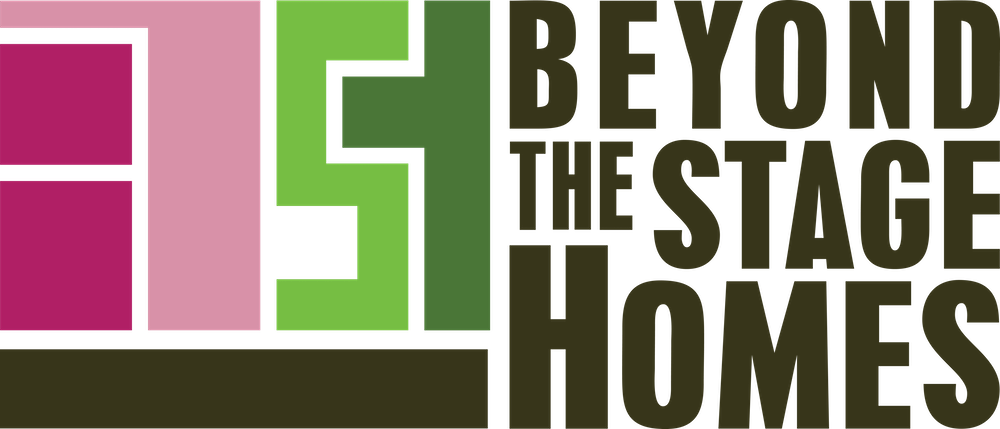
If you have ever watched a design show, you have certainly heard the term “Vignette” thrown around, but may not really understand what this is. This week’s Around The House takes a look at vignettes, and answers all of your questions, starting with what it is, to tips for creating the perfect vignette for your home.
What Is A Vignette?
 Decorative vignettes are eye-catching displays of treasured objects and/or accessories, usually with a similar theme, found on console tables, end tables and nestled on shelves, and can even include wall art. These arrangements add detail to your home's decor and a personal touch to your rooms. Vignettes can be placed at an entrance, as a space filler, or as the focal point of a room.
Decorative vignettes are eye-catching displays of treasured objects and/or accessories, usually with a similar theme, found on console tables, end tables and nestled on shelves, and can even include wall art. These arrangements add detail to your home's decor and a personal touch to your rooms. Vignettes can be placed at an entrance, as a space filler, or as the focal point of a room.Choosing The Space
Take a look around your home and see what areas could use a little something extra. Do you have a console table or mantel that just isn’t doing enough for the room? Not enough books to fill a bookcase? Perhaps the top of your staircase is looking a little bare? Find an area that could use a little jazzing up, and build a vignette.
 If you don’t already have the “resting surface” such as a mantel or table, find one that will fill the space, but won’t clutter it. For example, if you’re looking adding something to the top of your stairs, make sure that the table or desk you choose does not get in the way of the flow of traffic. Have an old trunk laying around the house that you don’t use? Instead of buying a new table, consider making use of the trunk instead.
If you don’t already have the “resting surface” such as a mantel or table, find one that will fill the space, but won’t clutter it. For example, if you’re looking adding something to the top of your stairs, make sure that the table or desk you choose does not get in the way of the flow of traffic. Have an old trunk laying around the house that you don’t use? Instead of buying a new table, consider making use of the trunk instead.Getting Started
Take a look at the space surrounding the area where you would like to place the vignette. Decide the theme that you would like the arrangement to have. This can be an accent colour, a hobby, a season, or a decorating style such as country or contemporary. Decide whether you wish to gather items that you already have in your home, or if you want to purchase the items new. Take a look at what you already have before making this decision.
 Once you have chosen the theme and the items for your vignette, play with them, keeping in mind that they may not all make the final cut. Choose 3 pieces to be the focal point, then add complimentary pieces. A decorator’s rule is to group objects in odd numbers, but of course there can always be exceptions to the rule. Take various heights into consideration to add depth to the vignette. Be sure that items are similar but still distinctly different. For example, choose 3 vases of the same colour, but in varying shapes and sizes. The key to a visually pleasing vignette is the relationships between objects. Make use of colour, shapes and heights and keep the materials similar, but not necessarily the same.
Once you have chosen the theme and the items for your vignette, play with them, keeping in mind that they may not all make the final cut. Choose 3 pieces to be the focal point, then add complimentary pieces. A decorator’s rule is to group objects in odd numbers, but of course there can always be exceptions to the rule. Take various heights into consideration to add depth to the vignette. Be sure that items are similar but still distinctly different. For example, choose 3 vases of the same colour, but in varying shapes and sizes. The key to a visually pleasing vignette is the relationships between objects. Make use of colour, shapes and heights and keep the materials similar, but not necessarily the same.Finally, review the results. Take a digital picture and examine it. What works and what doesn’t? Make the changes as needed, and feel free to change up every few months to keep it interesting and fresh.
Written by Shauna Lynn, Beyond The Stage Homes
www.beyondthestagehomes.com













